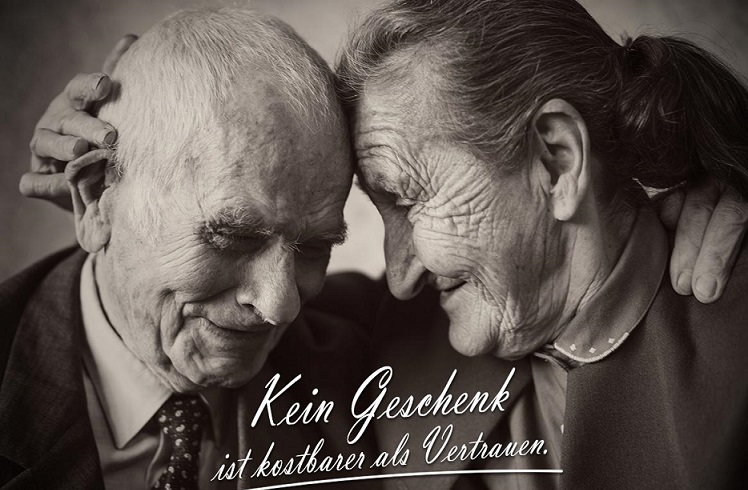
Good morning everyone! This is your daily Dharma Espresso. Are you awake? Did you sleep well? Today I would like to tell you about Mr. Robert Zajonc. Perhaps many of you have heard of this man. He was an excellent social psychologist. He was born in Lodz, Poland during World War II. If you have travelled to many places, perhaps you’d know where Lodz is.
When he was 16, his family escaped to Warsaw, the capital of Poland . At the time, Nazi Germany dropped bombs all over the place, destroying the whole city, includinghis house, and killing his parents, unfortunately. At the time, he was a 16-year-old boy, and he had to stay in the hospital for 6 onths. When he recovered, he escaped, but the Nazis recaptured him and sent him to concentration camp, ready to kill him. He escaped again. And when he escaped with a few prisoners, he walked only 200 miles towards France when he was recaptured and put in jail.
He still found a way to escape. And finally, he escaped to England. After World War II ended, he immigrated to America, went to school, and became a very good social psychologist. He taught at Michigan University, and later on, he became a very famous person because he also taught at Stanford University. In 1994, he retired and died a very beautiful death. Even though he suffered from cancer, he died at the old age of 85. (Per Wiki: He died in Stanford, CA from pancreatic cancer on December 3, 2008.)
The reason I told you about his story is because in Vietnam , we have a proverb :“Near the ink, you get black; near the light , you will shine .” We don’t know when a couple - husband and wife – living together, who is the ink and who is the light. Then there was an experiment and a research done by Mr. Robert Zajonc. His research proved that when two people live together, they influence each other greatly. That kind of influence will change their facial expressions and their face sto looking like each other gradually. People didn’t believe in this psychology . Mr. Robert Zajonc was a social psychologist . He talked about social influence, and the closest community is one where two people living together as husband and wife. When a couple got married, he took their photo. Then 25 years later, he also took their photo to compare. He did that kind of experiment with thousands of people in Europe. His students also conducted such experiment with thousands of people. Then , after 25 years, they noticed that husband and wife gradually develop features that are similar to each other. For example, their eyebrows become more like each others, or the wrinkles are exactly alike . Even their mouths and eyes gradually develop features that resemble each other that were not there before. Isn’t this strange? Mr. Zajonc said that except for the stories that we refer to as mystery, he said, the most important characteristic is empathy. Empathy is the mutual understanding , sharing feelings with each other. When one suffers, the other can feel the feeling. We can suffer with the other, and therefore we can cry with that person. We can say words to ease the other person’s suffering. That is very interesting. He noticed that when we communicate, we are connected with each other . Then , we are connected by feelings, and by emotions. These emotions are expressed on our face. When we live together for a long time, unknowingly, we imitate each other’s ways of expressing emotions. We share each other’s feelings and we understand each other’s deep emotions. Usually, after living together for a while, husband and wife come to look almost like each other.
For example, if the wife was young and beautiful once, but the husband was not very good - looking, then gradually, to a certain degree, they approach what is not considered as beautiful or ugly. We call those the features developed from 25 years of living together. So Mr. Zajonc created a new field called social psychology to do research to see how we expressed our feelings. From there, he tried to guide people into a new way of thinking that our emotions are very important. Sometimes if we don’t understand our feelings , it is easy for us to discriminate racially, to kill, to become terrorists , and to do other terrible things because we cannot understand our own psychology or ways to share our feelings with people around us. Because we can influence people around us, when we use and express our compassion with those nearest to us, those people will learn our compassion and gradually they will change. That’s what we called social psychology. Our influence is tremendous with all the people right next to us , or around us. If we want to change the world, we should change the people near us immediately. How? Practice ways to express beauty, loving-kindness, compassion, joy, letting go, happiness, caring, forgiveness, connectedness, and empathy.
And that’s today’s Dharma Espresso. Wishing you a peaceful and lovely day,
Master Heng Chang
(Translated and transcribed by Compassionate Service Society)





